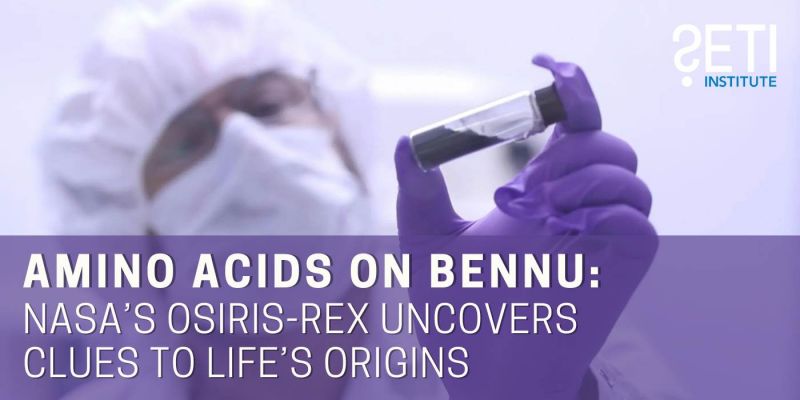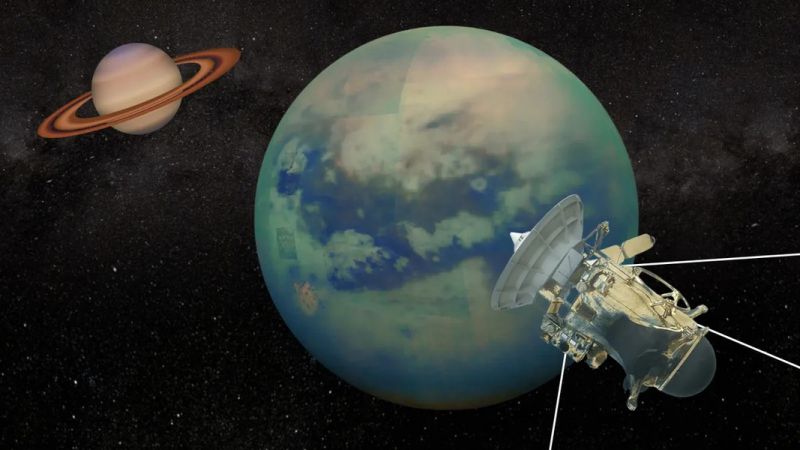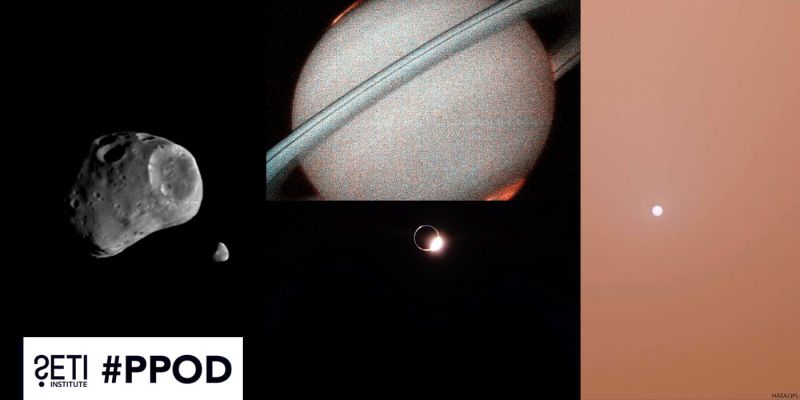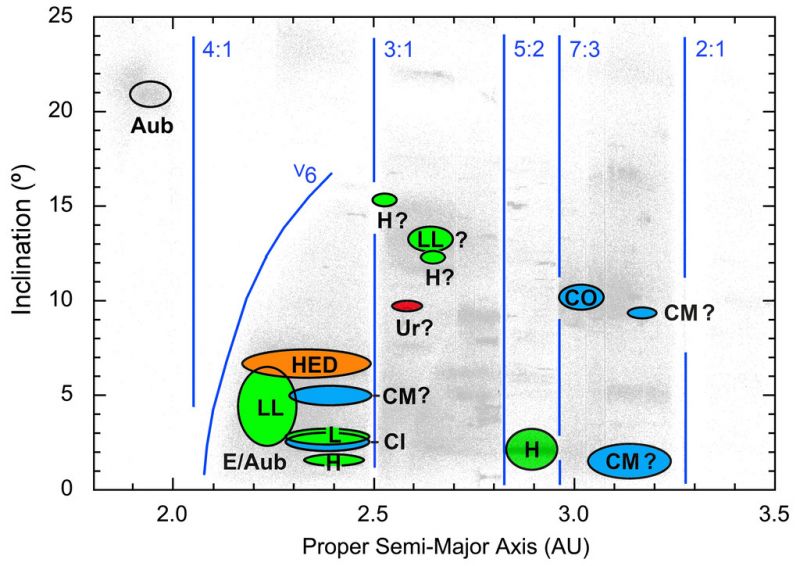
The new members bring expanded expertise in ethics, space communication, animal intelligence, extraterrestrial materials and planetary astronomy.
November 12, 2024, Mountain View, CA - The SETI Institute welcomed five new experts to its Science Advisory Board (SAB), broadening its scope in important scientific and ethical domains essential to understanding life and intelligence in the universe. The new members bring expertise in science communication, ethics and philosophy, animal cognition and intelligence, analysis of extraterrestrial materials, and planetary astronomy. Joining the SAB are: Jordan Bimm (University of Chicago), Chelsea Haramia (Spring Hill College and University of Bonn), Lori Marino (Whale Sanctuary Project and The Kimmela Center for Scholarship-based Animal Advocacy), Keiko Nakamura-Messenger (ExLabs LLC) and Quanzhi Ye (University of Maryland).
“SETI is a multifaceted, truly interdisciplinary endeavor that brings unique challenges,” said Lucian Walkowicz, Chair, SETI Institute Science Advisory Board. “I’m excited to welcome our new Science Advisory Board members in helping the SETI Institute meet those challenges, broadening the scope of the Board with both depth of knowledge and creative thinking.”
These new members enhance the SAB’s collective knowledge and network. They join a team that provides strategic guidance on scientific priorities, collaborative opportunities and funding sources for the SETI Institute’s research, education and outreach initiatives. SAB members serve renewable two-year terms, advising SETI Institute leadership on national and global science priorities to guide its mission in understanding the origins and distribution of life and intelligence in the cosmos.
"The SETI Institute is privileged to have access to an extraordinary group of scientists and scholars who provide critically important counsel, guidance and outside perspectives through our Science Advisory Board," said Bill Diamond, SETI Institute CEO. "The SAB helps us stay on top of the latest developments in relevant fields of research and navigate the complex and nuanced domain of government-funded science. Our five newest members bring diverse scientific and cultural perspectives to the SAB together with their extraordinary professional backgrounds. From planetary science, materials science and philosophy to neuroscience and the history of science, we are thrilled to have these distinguished scholars add their voices and expertise to the SAB.”
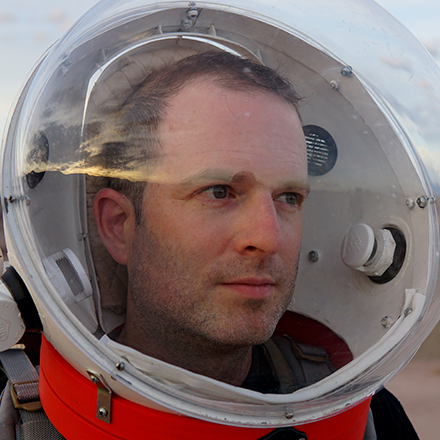
Dr. Jordan Bimm
Dr. Jordan Bimm is an Assistant Instructional Professor of Science Communication at the University of Chicago, specializing in the history of science, US space exploration, space medicine, and astrobiology. His research examines critical questions about space exploration and potential extraterrestrial life, and he directs Capsule Communicator, a research unit on biosignatures and technosignatures. Bimm’s work is published in both academic and popular media, and his recent projects include a forthcoming book on the history of space medicine and a study of the US Air Force’s early astrobiology research. His accomplishments include multiple awards and a NASA Astrobiology Program field scholarship.
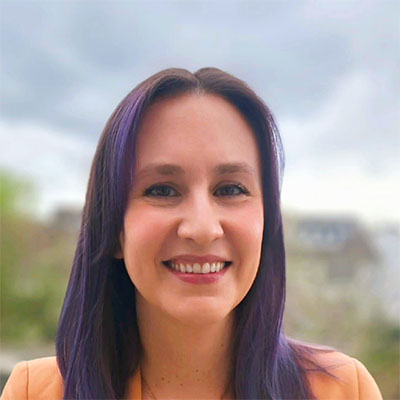
Dr. Chelsea Haramia
Dr. Chelsea Haramia is a philosophy professor whose research intersects science, technology, values, and the environment, with a focus on astrobioethics. She holds positions at Spring Hill College and the University of Bonn, where she examines ethical aspects of AI and outer space governance. Haramia is co-editor of 1000-Word Philosophy and collaborates with the UK SETI Post-Detection Hub. Her work includes a forthcoming book on cosmic ethics and contributions to discussions on SETI and METI ethics. She is also involved in projects addressing the sustainable and ethical development of technology.
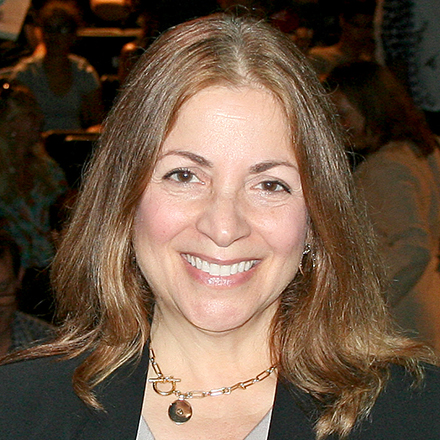
Dr. Lori Marino
Dr. Lori Marino, A neuroscientist and expert in animal behavior and intelligence, is President of the Whale Sanctuary Project and Executive Director of The Kimmela Center for Scholarship-based Animal Advocacy. Former faculty member at Emory University, her research covers brain evolution, especially in dolphins and whales. Marino has published over 140 scientific papers and serves as an advisor in animal rights, having testified in legal efforts for animal protection. Her SETI involvement spans over three decades, including research on intelligence evolution. Marino is also featured in notable documentaries about animal captivity.
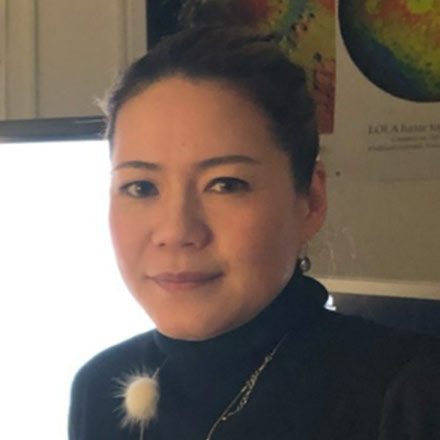
Dr. Keiko Nakamura-Messenger
Dr. Keiko Nakamura-Messenger is a materials scientist with a Ph.D. from Kobe University. She became Vice President of Mission Development at ExLabs after a career at NASA, where she studied extraterrestrial materials and worked on the OSIRIS-REx and Hayabusa2 missions. Her career highlights include discovering primordial interstellar organic grains and two new minerals in meteorites and cosmic dust. Keiko received NASA’s Exceptional Scientific Achievement Medal and has an asteroid named in her honor. She is helping to develop asteroidal missions at ExLabs and she is a science co-investigator on JAXA’s DESTINY+ mission to asteroid Phaethon, the parent of the Geminid meteor shower.

Dr. Quanzhi Ye
Dr. Quanzhi Ye is a planetary astronomer and assistant research scientist at the University of Maryland. His research focuses on small Solar System bodies. He also works on NASA’s Planetary Data System Small Bodies Node and is a visiting researcher at Boston University. Ye’s research, which includes studies on asteroids, comets, and meteoroids, earned him the 2023 AAS Harold C. Urey Prize. He holds degrees from Sun Yat-Sen University and the University of Western Ontario and previously completed a postdoctoral fellowship at Caltech.
About the SETI Institute
Founded in 1984, the SETI Institute is a non-profit, multi-disciplinary research and education organization whose mission is to lead humanity’s quest to understand the origins and prevalence of life and intelligence in the universe and share that knowledge with the world. Our research encompasses the physical and biological sciences and leverages data analytics, machine learning, and advanced signal detection technologies. The SETI Institute is a distinguished research partner for industry, academia, and government agencies, including NASA and the National Science Foundation.
Contact information
Rebecca McDonald
Director of Communications
SETI Institute
rmcdonald@seti.org

